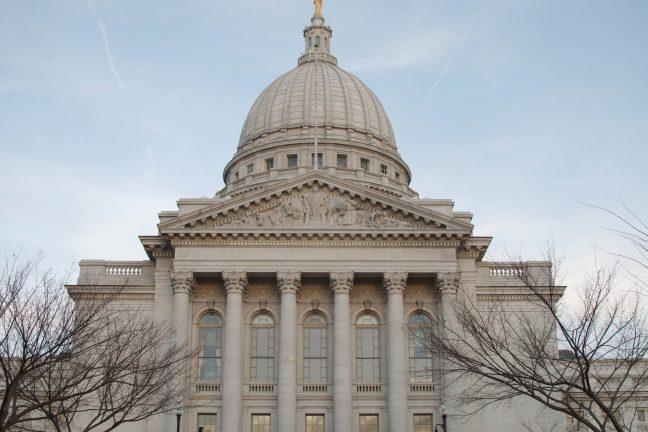A large part of the University of Wisconsin’s mission is to impact not only the Madison community, but the state of Wisconsin. This is largely associated with the Wisconsin Idea, which emphasizes utilizing the research and resources that UW has to serve the state of Wisconsin.
To bring jobs back to Wisconsin, Rep. Dave Murphy, R-Greenville, chairman of the Assembly Colleges and Universities Committee, just proposed a bill that would specifically benefit out-of-state students at UW. The bill would give up to $54,000 in grant money to out-of-state students who graduated from UW System schools and Wisconsin technical colleges if they lived and worked in Wisconsin after graduation for a seven year period.
The difference in tuition for in-state and out-of-state students at UW is a major point of discussion among much of the UW community, so the goal of the bill would be to help nonresidents “earn” in-state tuition. Though the bill would affect all colleges in the UW System, the appeal would be especially of interest to our campus, as one-third of its undergraduates were from out of state in 2018.
Budget process may seem devious, but we must trust lawmakers
With Murphy’s bill, any nonresident graduating from a UW institution or technical college could receive up to five yearly grants worth 10 percent of the difference between resident and nonresident tuition accumulated over the time a student spent at college.
According to data from the UW system, 90 percent of 2014 graduates from Wisconsin were still in the state one year later, while only 17 percent of non-residents and 10 percent of Minnesota residents still resided in Wisconsin one year after graduation.
The overall idea of the bill is a creative and intuitive solution to the age-old problem of losing non-residents after they graduate from UW. The problems, however, are with the details.
Money begets money: Increased funding for computer science will prove beneficial for Wisconsin
The first catch is that students must stay and work in Wisconsin for two years before becoming eligible for the grants. This is a tough blow to low-income students who may not be able to afford living on their own right out of college. It is generally becoming more common for recent graduates to live with their parents for a year or two after graduation, which would require most out-of-state students to return to their home states.
The other, larger problem is that the bill only applies to those earning $40,000 a year or more. According to Murphy, the reasoning behind this is to specifically target young people at the start of their careers, and exclude those with part-time or low-paying jobs which could be acquired without a college degree.
Yet, many challenging, rewarding and nationally significant jobs do not pay $40,000 a year. The average salary for a teacher in the state of Wisconsin during the 2017-2018 school year was $38,181 according to the National Education Association. The average wages of reporters and correspondents in the state of Wisconsin in 2018 was $34,180, according to the Bureau of Labor Statistics.
Higher pay does not necessarily equate with a more meaningful career. And furthermore, isn’t it the lower paid professionals that need the extra money the most? Those in lower-paying jobs like teaching and reporting are arguably the ones that truly “deserve” the return on their tuition, for they deliberately chose a low-paying career in order to serve their communities.
While Murphy’s bill is smart in theory, the details of the bill are ultimately what ruins its practicality. Utilizing grants to keep students in the state of Wisconsin after graduation could potentially work. Yet, requiring two years in the state before eligibility and excluding those with lower salaries is unreasonable and senseless.
Courtney Degen ([email protected]) is a sophomore majoring in political science and journalism.





















